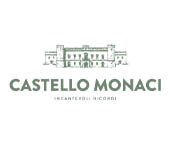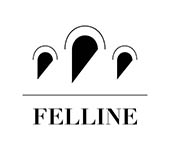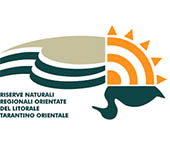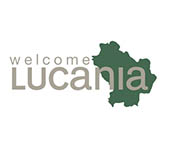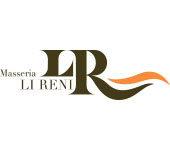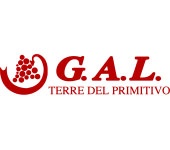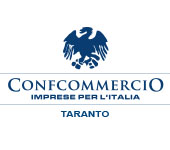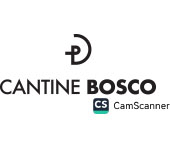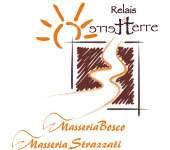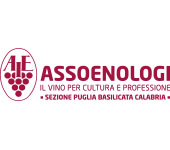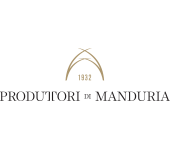
Sustainable Hospitality and Food & Wine Tourism Management
Location: Manduria (TA)
Academic Biennium: 2025–2027
National figure: 9.1.2 Higher Technician for the development of supply management processes of the tourism and cultural supply chains
Program Overview
The highly specialized course in Sustainable Hospitality and Food & Wine Tourism Management aims to train professionals capable of designing, promoting, and managing integrated, experiential, and digital tourism offerings aligned with sustainability principles.
Context
The course in Sustainable Hospitality and Food & Wine Tourism Management responds to evolving tourist demands for more flexible, authentic, and environmentally responsible hospitality experiences. Puglia is already a recognized leader in food and wine tourism and ranks among the top destinations for culinary travel. Today’s traveler seeks experiences that blend comfort and sustainability, local identity and technological innovation—such as culinary retreats and gastro-boutique hotels. This program aims to strengthen food and wine-based hospitality through skilled, strategic management of accommodations.
Professional Profile
The professional emerging from the Course in Sustainable Hospitality and Food & Wine Tourism Management strategically manages hospitality structures while enhancing local food and wine offerings through sustainable and digital tools. They combine managerial, operational, and digital skills to improve service efficiency, elevate the tourist experience, and boost competitiveness in the hospitality sector. They coordinate reception services, supervise economic and administrative processes, and develop omnichannel marketing strategies.
What you will learn
Through the Course in Sustainable Hospitality and Food & Wine Tourism Management, you will acquire the practical tools to:
- Manage all aspects of the hospitality supply chain
- Enhance local resources
- Build professional networks with public and private stakeholders
- Lead innovation and transformation processes in hospitality with sustainability and digitization
What you will study
The curriculum of the Course in Sustainable Hospitality and Food & Wine Tourism Management is designed to provide comprehensive technical and managerial skills in:
- Monitoring tourism phenomena and local systems
- Organizing, managing, and supervising hospitality departments/services
- Managing relations with clients, suppliers, and local stakeholders
- Implementing marketing strategies to promote local food and wine excellence
- Planning, managing, and developing procurement and maintenance processes, and integrating raw material sourcing with local supply chains
The Course in Sustainable Hospitality and Food & Wine Tourism Management prepares you for various roles within the hospitality and tourism sectors, including:
- Hospitality businesses (hotels, B&Bs, farm stays, etc.) linked to local food production
- Restaurants, wine bars, and other food service formats
- Travel agencies and tour operators (traditional and online)
- Food and wine tourism communication and promotion companies
- Agrifood and food processing companies specializing in local and regional products
- 1080 hours dedicated to classroom laboratory teaching, laboratory case studies and/or work placements, seminars, educational and study visits, project work;
- 720 hours of internship activities in work contexts
The daily schedule will be determined based on the operational program and may vary from 5 to 8 hours. Attendance is mandatory for at least 80% of training activities, under penalty of exclusion from the final exam which will be held in accordance with the procedures established by the Ministry of Education and Merit.
At the end of the program, upon successful completion of the final exams and evaluations, students will receive the Advanced Specialization Diploma in Applied Technologies – EQF Level 5 (European Qualifications Framework for lifelong learning).
This diploma is awarded by the Italian Ministry of Education and Merit and accompanied by the Europass Diploma Supplement. It is valid throughout the national territory and qualifies graduates to access public sector competitions.
Where applicable, and depending on the specific focus of the course, students will also gain the necessary competencies to take exams for the following certifications:
- Certifications for the use of industry-specific software
- English and second foreign language certifications according to CEFR levels
- Workplace safety certifications
- HACCP certification
- Advanced EIPASS certification, upon successful examination (ITS acts as the certifying body)
The ITS program is also valid for participation in ITP teaching competitions (from 2025) and for access to roles within public administration.


